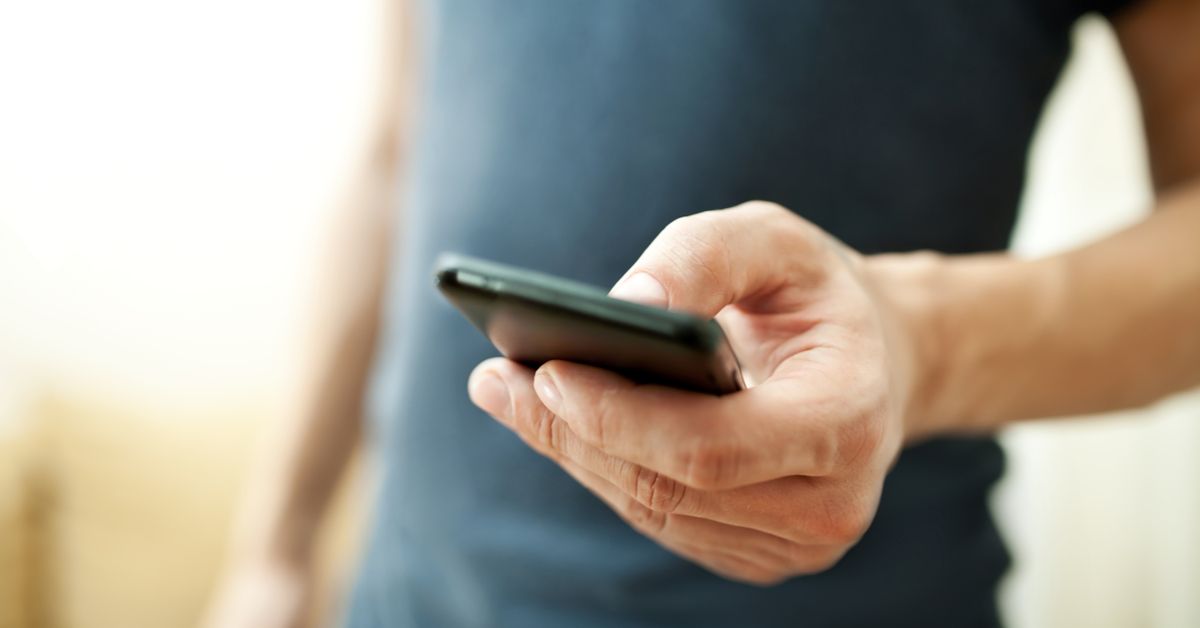In January 2018, U.S. Customs and Border Protection issued a new directive regarding border search of electronic devices that allows agents to demand the password to open travelers' cellphones without probable cause.
This directive was not new in June 2018, it does not require or provide that the cellphone of every Canadian entering the U.S. be searched, and mandatory cellphone searches have so far occurred relatively rarely.
In late June 2018, an article from the web site Narcity.com, headlined "Canadians Will Now Have Their Phones Searched When Crossing the US Border," went viral on Facebook and other social media sites.
Although the article's headline employed verbiage suggesting that something had changed around the time it was published, the article's text noted it was reporting news that was already several months old:
Canadians can expect to have their phones searched as a part of an added security measure when travelling to the U.S.
U.S. Customs and Border Protection issued a new directive in January that allows border agents to demand the passwords to travellers' phones and other electronics without probable cause. The Department of Homeland Security says such is necessary to counter crimes such as terrorism and child pornography.
The source that Narcity.com linked to was a 19 January 2018 CBC article about U.S. Customs and Border Protection having issued a new directive a few weeks earlier that "set new limits on agents, establishing criteria for when they can conduct extensive searches" of travelers' cellphones:
In one of several testy exchanges during a U.S. Senate hearing [in January 2018], the [U.S.] secretary of homeland security [Kirstjen Nielsen] was pressed to explain a new policy that allows customs agents to examine the cellphones of travellers at the border.
— Background: Searches of phones were skyrocketing. Border agents inspected 30,200 phones and other devices last year — an increase of nearly 60 per cent from 2016. U.S. officials say it remains a minuscule percentage of overall travellers — 0.007 per cent, or roughly one per 13,000. The Department of Homeland Security says it's necessary to combat crimes like terrorism and child pornography.
— Customs agents have broad power: Immigration lawyer Henry Chang notes that one of his own colleagues once complained about a search, fearing a breach of attorney-client privilege: "The officer said, 'I don't care,'" Chang says. He said border guards can easily refuse someone entry: "There's ways they can mess with you," he said. "They can just declare you an immigration risk ... detain you, turn you away until you co-operate.... That's enough to scare people into co-operating."
—The new directive: On Jan. 4, U.S. Customs and Border Protection issued a new directive titled, Border Search of Electronic Devices. It actually set new limits on agents, establishing criteria for when they can conduct extensive searches, like downloading documents stored in the cloud, or uploading files into a storage drive for analysis.
—Your password: Agents can demand a password to open your phone, without probable cause, Nielsen confirmed during the hearing. However, Electronic Frontier Foundation (EFF) staff attorney Sophia Cope says the directive, which she calls confusing, also allows you to refuse to do so. That, of course, is not without its consequences she says in a statement to CBC News. Your device could be seized or detained. The border agent could delay your travel or even deny entry if you are not a U.S. citizen.
—The cloud: Here, there are new limits. Agents can't just start downloading old files from the cloud: "They can search the data that is apparent on the phone," Nielsen said. "They can't use the phone to access anything that might be stored remotely."
As the CBC noted, "border agents cannot stop U.S. citizens from entering the country, even if they refuse to unlock their device or provide the password" (but, as stated above, a border agent could delay travel or even deny entry to non-U.S. citizens who refuse to do so).
It is difficult to determine why Narcity.com waited six months to report on a January 2018 news story, and why a source stating that U.S. officials hypothetically "can" do something (i.e., search cellphones without cause) was changed to unequivocal assertion that it "will" be happening (by implication to all Canadians entering the United States).
Diplomatic tensions flared up between Canada and the United States in mid-2018, with a widely-reported dispute between U.S. president Donald Trump and Canadian prime minister Justin Trudeau possibly creating a misconception fostered by Narcity.com's article that the United States had implemented a new policy to retaliate against its Canadian neighbors.
No new U.S. border policy regarding cellphone searches was implemented in June 2018, nor is it a certainty that under previously existing policy all or most Canadians entering the U.S. will have their phones searched (rather than being something that "might" occur in isolated cases). According to the CBC, cellphones of travelers crossing the U.S. border (both Americans and non-citizens) were searched during in one out of 13,000 border crossings (or 0.007 percent of the time) in 2017.

